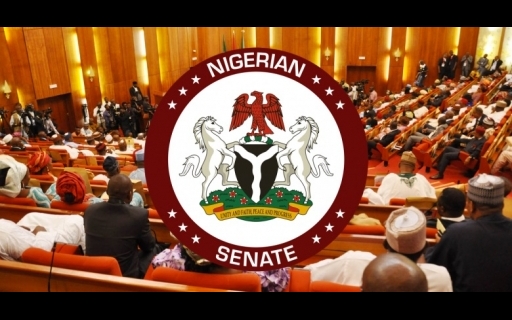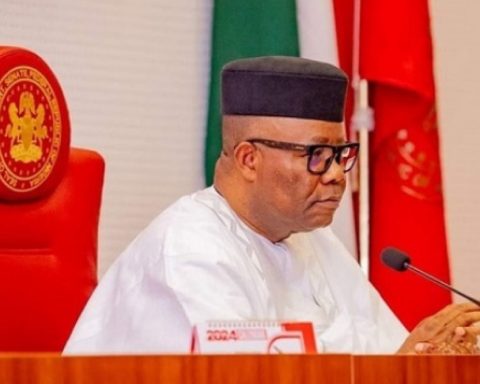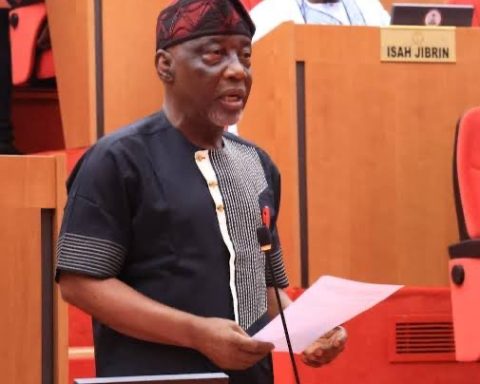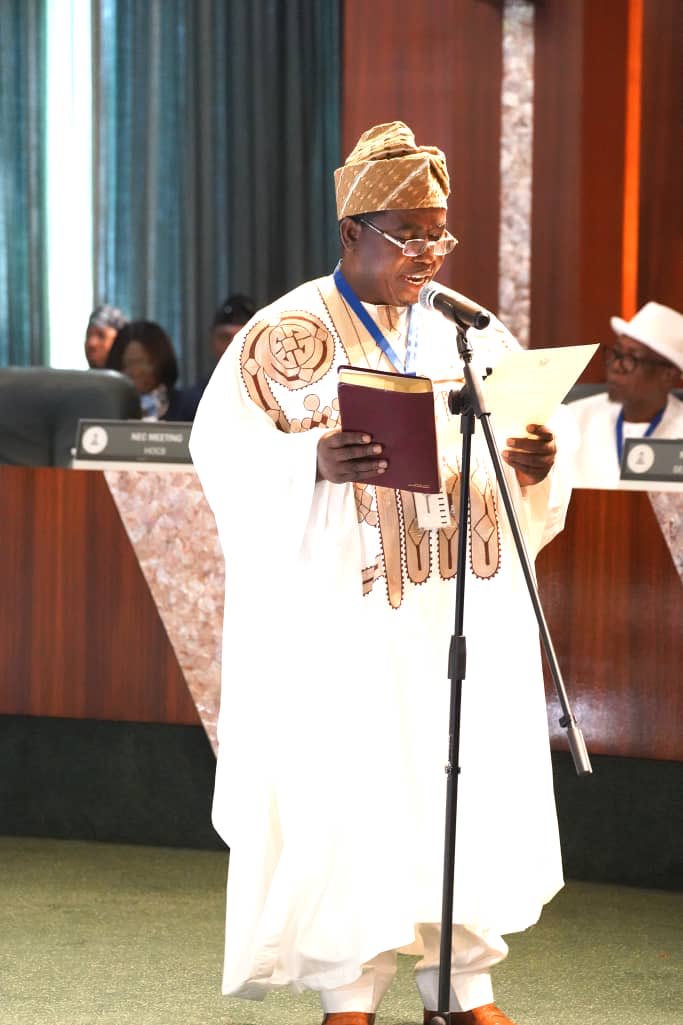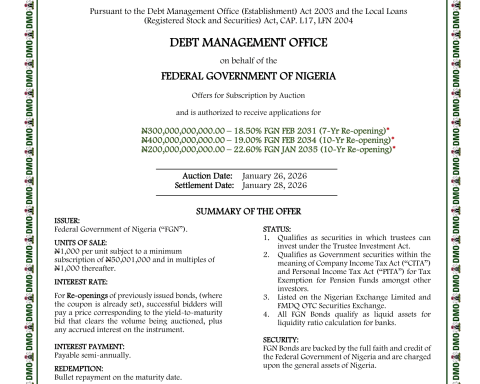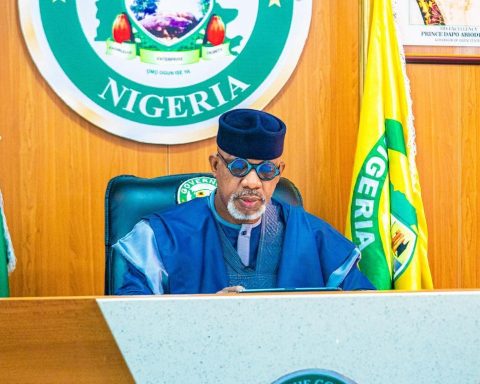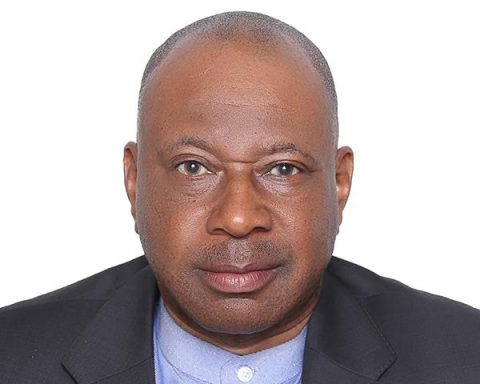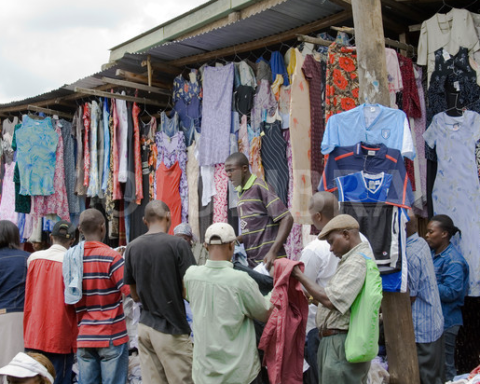The Nigerian Senate on Wednesday passed the Electoral Bill 2025 for second reading, marking a major step toward reforming the nation’s electoral framework ahead of the 2027 general elections.
The proposed legislation, sponsored by Senator Simon Bako Lalong, Chairman of the Senate Committee on Electoral Matters, seeks to repeal the Electoral Act 2022 and replace it with a more transparent and technology-driven legal framework aimed at curbing vote rigging, electoral violence, and manipulation of results.
The bill introduces key reforms, including mandatory electronic transmission of results, stricter penalties for electoral offenses, and a shift in the burden of proof in election disputes to the Independent National Electoral Commission (INEC). It also proposes a new timeline mandating that presidential, governorship, and legislative polls be held no later than 185 days before the expiration of the tenure of current officeholders.
Join our WhatsApp ChannelLeading debate on the bill, Senator Lalong said the amendments were designed to eliminate loopholes that have undermined electoral integrity. “This legislation seeks to strengthen transparency, enhance accountability, and restore public confidence in Nigeria’s elections,” he stated.
Senate President Godswill Akpabio commended the proposal, describing it as a timely intervention to deepen democracy and ensure that the votes of Nigerians truly count.
Also speaking during the debate, Senator Henry Seriake Dickson (PDP–Bayelsa West) reiterated his long-held position that the electoral law must guarantee transparency through technology. “I emphasized the necessity for electronic voting and the electronic transmission of election results,” Dickson said.
He added that the burden of proof in electoral matters should rest on INEC, not on contestants, noting that the Commission must demonstrate that it conducted elections in line with laws and guidelines.
In a passionate contribution, Senator Adams Oshiomhole (APC–Edo North) urged politicians to stop using unemployed youths as instruments of violence during elections. “After every election, violent crimes rise because politicians who armed hungry youths can’t retrieve the weapons. Those arms are then used for robbery and other crimes,” he warned.
National Assembly Proposes November 2026 for 2027 General Elections
Oshiomhole condemned the arming of thugs for electoral gain, stressing that such practices fuel post-election insecurity and erode the nation’s democracy. “We, as senators and elected officials, must resolve never to arm or use unemployed youths to disrupt elections. Once we stop that, 90 percent of our electoral problems will be solved,” he said.
He further advised against conducting presidential, governorship, and National Assembly elections on the same day, and called for vigilance against cyber threats as Nigeria expands the use of election technology. “If we truly commit to eliminating violence, we will have free, fair, and transparent elections,” he said, adding that “the true beauty of democracy lies not in holding office but in earning the people’s trust.”
The bill also seeks to enhance INEC’s accountability through early release of election funds, stricter audit mechanisms, and expanded transparency in logistics and result management. Analysts say the proposed shift in the burden of proof to INEC could strengthen institutional accountability and reduce frivolous post-election petitions.
While the bill has received broad bipartisan support, some lawmakers raised concerns over the readiness of the country’s infrastructure to support full electronic transmission and voting. Others noted the unusual sequence in which a public hearing was held before the bill’s second reading.
The Electoral Bill 2025 has now been referred to the Senate Committee on INEC for a clause-by-clause review and further public input. Once the committee concludes its work, the report will be presented for third reading and possible passage into law.
If enacted, the new framework would represent one of the most comprehensive overhauls of Nigeria’s electoral system in recent history setting the stage for a more transparent, technology-driven, and violence-free electoral process ahead of 2027.
Amanze Chinonye is a Staff Correspondent at Prime Business Africa, a rising star in the literary world, weaving captivating stories that transport readers to the vibrant landscapes of Nigeria and the rest of Africa. With a unique voice that blends with the newspaper's tradition and style, Chinonye's writing is a masterful exploration of the human condition, delving into themes of identity, culture, and social justice. Through her words, Chinonye paints vivid portraits of everyday African life, from the bustling markets of Nigeria's Lagos to the quiet villages of South Africa's countryside . With a keen eye for detail and a deep understanding of the complexities of Nigerian society, Chinonye's writing is both a testament to the country's rich cultural heritage and a powerful call to action for a brighter future. As a writer, Chinonye is a true storyteller, using her dexterity to educate, inspire, and uplift readers around the world.


